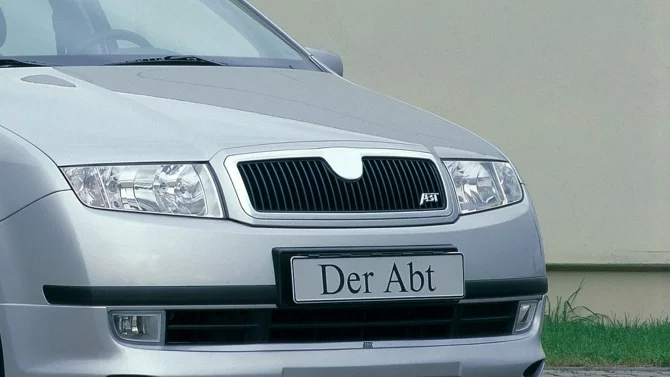...
By Marek Petrus and Jan Lopatka
PRAGUE, April 3 (Reuters) - The Czech cabinet has approved a plan to revamp spending and cut the fiscal gap while slashing corporate and personal income tax rates, but faces an uphill battle to push it through parliament where it lacks a majority.
The right-of-centre government wants to boost state coffers with a rise in sales tax, partly offset by a cut in income taxes, and to curb an increasingly costly welfare state in the biggest public finance overhaul in more than a decade.
Czech parliamentary deputy and former finance minister Vlastimil Tlusty said the government was proposing to set a single, unified personal tax rate of 15 percent. Personal tax rates currently range from 12 to 32 percent, depending on income levels.
"We were given not only information on tax rates but also the new levels of tax deductions," Tlusty said in the halls of the lower house after cabinet members briefed deputies on the reforms approved by the cabinet late on Monday.
The corporate tax rate, he added, would ease gradually to 19 percent in 2010 from the current 24 percent.
Tlusty said the plan lifts the preferential rate of value added tax (VAT) to 9 percent from 5 percent.
Tlusty said the tax plan, which has been kept closely guarded and is to be unveiled by Prime Minister Mirek Topolanek at a business forum at 4 p.m. (1400 GMT), did not change capital gains and dividend taxes for the time being.
Analysts lauded the reforms saying they are a step in the right direction toward lowering the fiscal gap and joining the euro zone, but said the real question is whether the government can push them through parliament where it holds half the seats.
"The government's intentions to reverse the worsening fiscal trend are welcome of course. Albeit the question of how it all is likely to get passed in the lower house still remains," said Silja Sepping, central European economist at Lehman Brothers.
"The options of either relying on opposition votes or a few renegade opposition deputies are not conducive for implementing a fundamental fiscal reform, unfortunately," she added.
The government won a confidence vote in January with the help of two opposition defectors who have however been reluctant to commit themselves to supporting its fiscal plans.
"It is about lowering direct taxes, halting the explosion of social expenditure and reforms of the social and tax systems," Deputy Prime Minister Petr Necas said.
The cabinet has pledged to either push through the reform agenda aimed at cutting the 2008 fiscal deficit toward 3 percent of gross domestic product (GDP) from the 4 percent projected this year, or resign, leading to early national elections.
The crown held steady at 28.01 per euro by 1140 GMT and the debt market also showed little reaction to the widely-anticipated government approval of the reform package.
BOON FOR STOCKS
Surging social programmes have dented the country's public finances, forcing it to give up on earlier aspirations to adopt the euro in 2010. It has yet to set a new target date.
Highly controversial welfare legislation approved before the 2006 election boosted social transfers by 36.2 billion crowns this year, and by 49.3 billion or 1.3 percent of GDP in 2008.
The government now wants to take back some of this increase, and has proposed about 23 billion crowns ($1.10 billion) worth of cuts in spending next year, mainly through a reduction in welfare benefits and sickness insurance.
"It is certainly a step in the right direction to shift the tax burden from direct towards indirect taxes. But there is certainly more room for expenditure cuts," said Viktor Kotlan, chief economist at Ceska Sporitelna in Prague.
Analysts said a corporate tax cut would be a boon for heavy taxpayers like utility CEZ , phone group Telefonica O2 CR and lender Komercni Banka .
The Prague bourse's blue-chip PX index was up 0.6 percent by 1140 GMT, lagging gains in other regional markets.
- FACTBOX on proposals floated by officials.....[ID:nL03553262]
($1=20.95 Czech Crown)
Keywords: CZECH REFORMS/




 Našli jsme deset absolutně neznámých automobilů současnosti. Dokážete uhodnout alespoň polovinu?
Našli jsme deset absolutně neznámých automobilů současnosti. Dokážete uhodnout alespoň polovinu?
 Dvě i čtyři doby, tři a čtyři válce: Saab 96 se stal vozem pro individualisty, a to i v Československu
Dvě i čtyři doby, tři a čtyři válce: Saab 96 se stal vozem pro individualisty, a to i v Československu
 Elektromobil jako ojetinu nikdo nechce. Velký český autobazar skončil s jejich nákupem i prodejem
Elektromobil jako ojetinu nikdo nechce. Velký český autobazar skončil s jejich nákupem i prodejem
 Youtubeři zkoušeli, jestli nastartují Tatru 138 odstavenou osmnáct let. Výsledek nikoho nepřekvapí
Youtubeři zkoušeli, jestli nastartují Tatru 138 odstavenou osmnáct let. Výsledek nikoho nepřekvapí
 Test Hyundai Santa Fe 1,6 T-GDI Hybrid: má recept na úspěch i bez naftového motoru?
Test Hyundai Santa Fe 1,6 T-GDI Hybrid: má recept na úspěch i bez naftového motoru?
